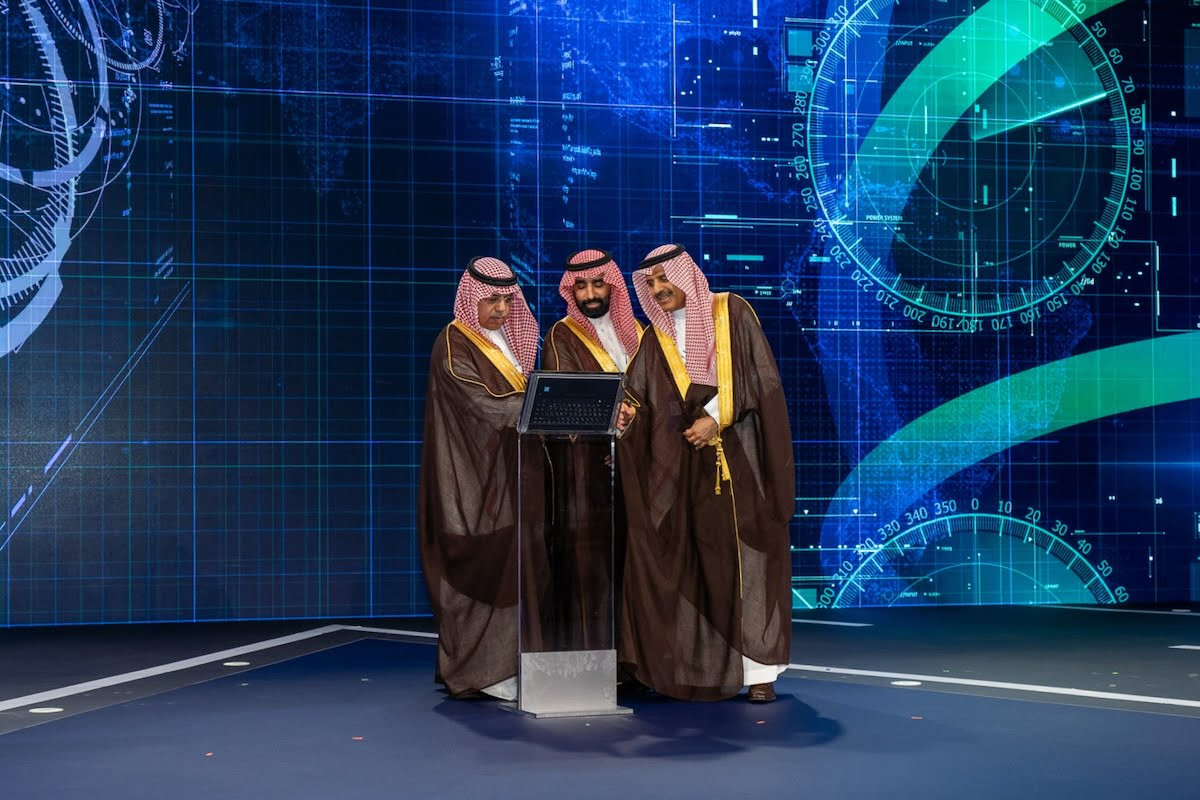
The Future Aviation Forum 2024, which was held at the King Abdulaziz International Center in Raydeh, gathered aviation leaders, innovators and policy makers from all over the world to discuss the future track of the aviation industry.
In addition to the headlines of the upper numbers, the event witnessed the participants in a series of discussions and presentations that cover a wide range of topics. This included integrating artificial intelligence and machine learning into flight operations, progressing in aircraft design, paying payment systems, and strategies to enhance passenger experience through digital innovation.
Future Aviation 2024 also included a comprehensive exhibition that displays the latest innovations in space technology. The participants had the opportunity to explore interactive offers and demonstrations from the leading companies and research institutions, where they gave a glimpse of the future of the trip.
The keyword speech of the forum was delivered by its engineer. Saleh bin Nasser Al -Jasser, Minister of Transport and Logistics and Chairman of the Board of Directors of the General Authority of Civil Aviation (GACA) in the Kingdom of Saudi Arabia, put the insight of the forum that focuses on innovation.
In his speech, he is the engineer. Al -Jasser highlighted rapid developments in aviation technology and the importance of sustainable practices in ensuring long -term growth.
“Today, we stand on the threshold of a new edition of flying,” he said.
The Future Aviation Forum works 2024 as a platform for us to collectively explore the transformational capabilities of emerging technologies, sustainable practices and good communication.
The minister also explained the ambitious vision initiative in the Kingdom 2030, which aims to diversify the economy and reduce oil dependence through the development of the main sectors, including flying.
“The Kingdom of Saudi Arabia is dedicated to strengthening an environmental aviation system forward not only meets the needs of today, but also expects the challenges and chances of tomorrow,” the minister added, noting the expansion of the main airports, the introduction of advanced air management systems, and partnerships with the leading companies in the field of global space.
A vision for the future of global aviation first appeared in the week of air cargo.